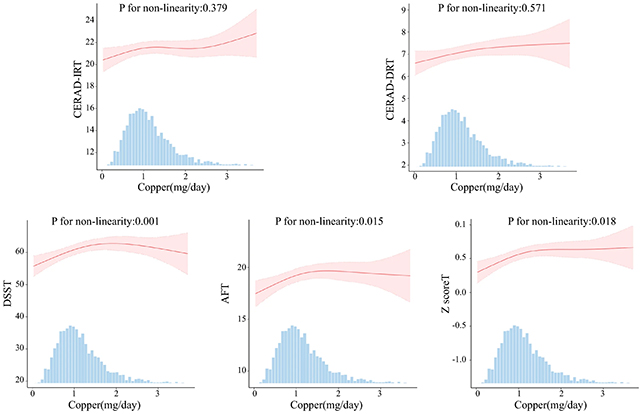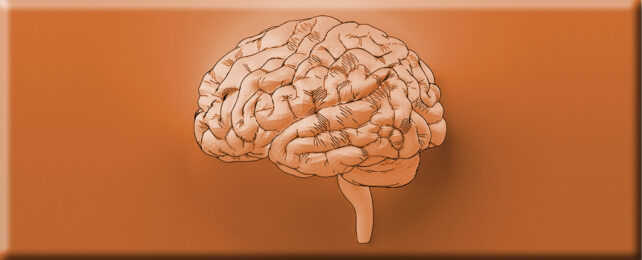Copper isn't normally what comes to mind when talking about healthy eating, but a new study links copper in the diets of older adults to better cognitive function – a significant finding for research into healthy aging.
Carried out by a team from Hebei Medical University in China, the study looked at diet and health data for 2,420 adults aged 60 or over in the US, finding there was a link between more copper in diets and better cognitive function.
Across multiple measures, those with more copper in their diets scored significantly higher than those with less – though there was also a threshold point above which more copper doesn't seem to bring additional benefits.
Related: 8 Foods You Should Actually Eat More of: A Nutritionist Explains
"The current study indicates a potential association between dietary copper intake and enhanced cognitive function in American older adults, particularly among those with a history of stroke," write the researchers in their published paper.
"Dose–response analysis suggested an optimal copper intake level, with an inflection point of approximately 1.22 milligrams per day. However, further longitudinal studies are necessary to confirm these findings."
And that gets at some key limitations of the study. Participants were asked to report everything they'd eaten in the last 24 hours, on two occasions, and the scientists estimated their copper intake from that. That only gives us a snapshot in time, and introduces potential biases from self-reporting.
To investigate further, studies would need to follow participants over several years, and measure their copper intake more carefully.
As a result, we can't say there's a direct cause and effect relationship here. However, the relationship is statistically strong enough to warrant further investigation.

What's more, it fits with earlier studies that came to the same conclusion: copper is good for the brain. We know that it helps neuron communication and energy production in the brain, and protects against damage.
With that in mind, the study results aren't surprising. However, they do help quantify the benefits of copper across a relatively large group of older people, and several different cognitive tests – and identify a 'sweet spot' for copper intake.
"Though copper is necessary for proper functioning of the brain, and deficiencies can lead to neurological disorders, excessive copper can be toxic, leading to oxidative stress and neurodegeneration," write the researchers.
The 1.22 mg per day is the equivalent of a handful of walnuts or a bowl of lentils. Copper is found in more foods than you might think – including mushrooms, dark chocolate, wheat bran, potatoes, and oysters.
There's an increasing amount of interest in micronutrients such as magnesium, iron, selenium, zinc, and copper, and how they might be important in keeping brains sharp as people enter the later years of their lives. This is on top of what studies have already discovered about diets and healthy aging.
Clearly, what we eat plays a major role in how healthy our brains are – though diet is far from the only factor involved. Research like this can lead the way towards improvements in preventions and treatments for the brain problems that tend to come with old age.
"With the increase in the aging global aging population, the prevalence of cognitive impairment is also escalating," write the researchers.
"All forms of dementia, ranging from mild cognitive impairment to Alzheimer's disease, are marked by cognitive decline and are increasingly emerging as a significant global public health challenge."
The research has been published in Scientific Reports.
